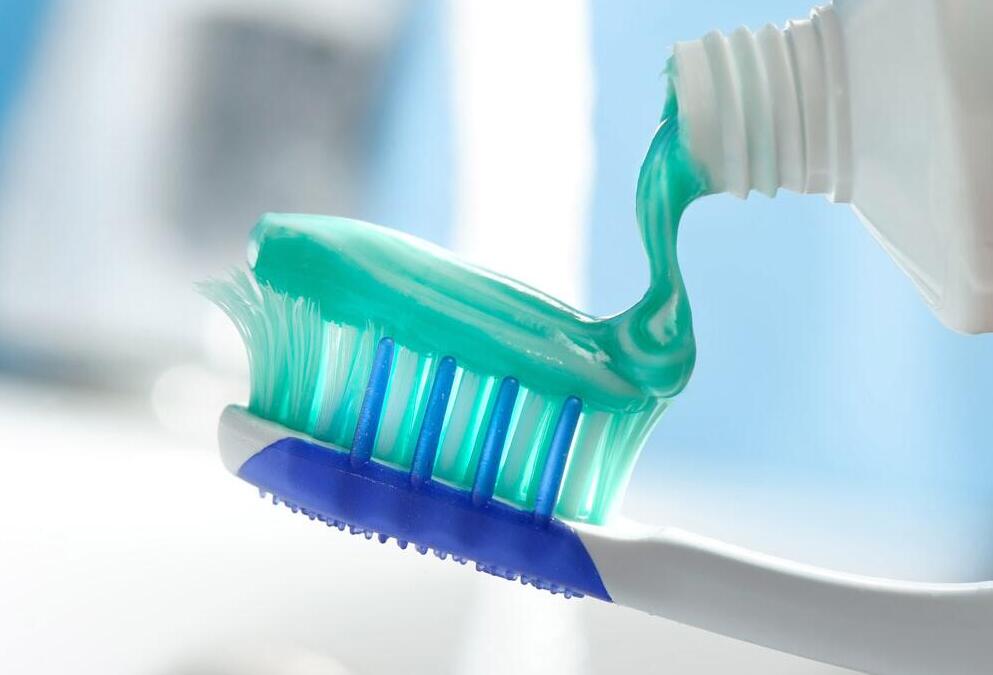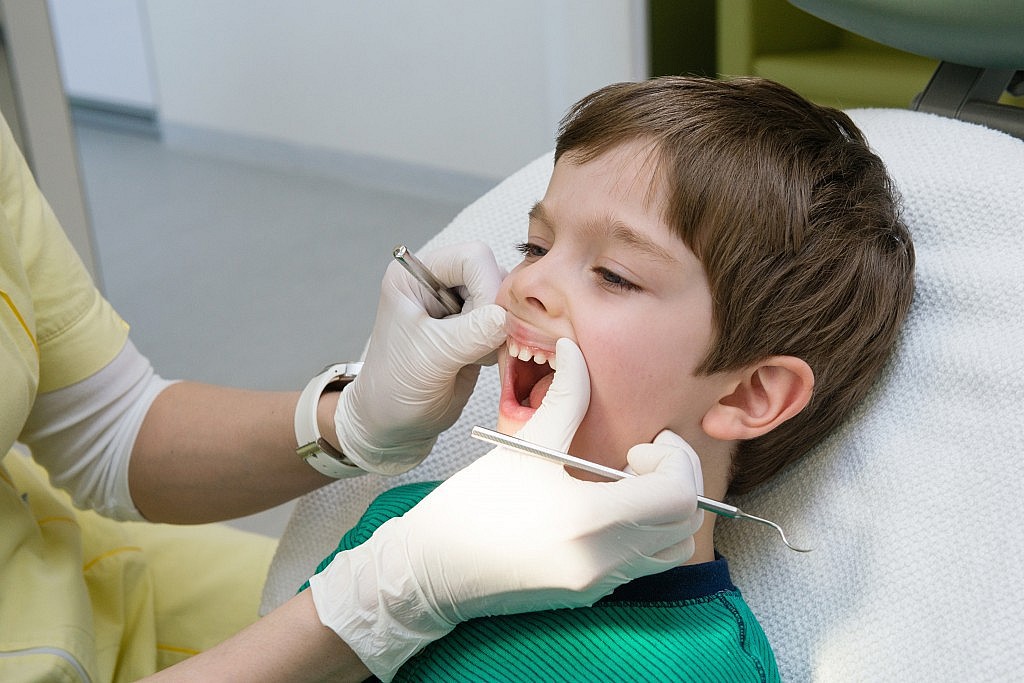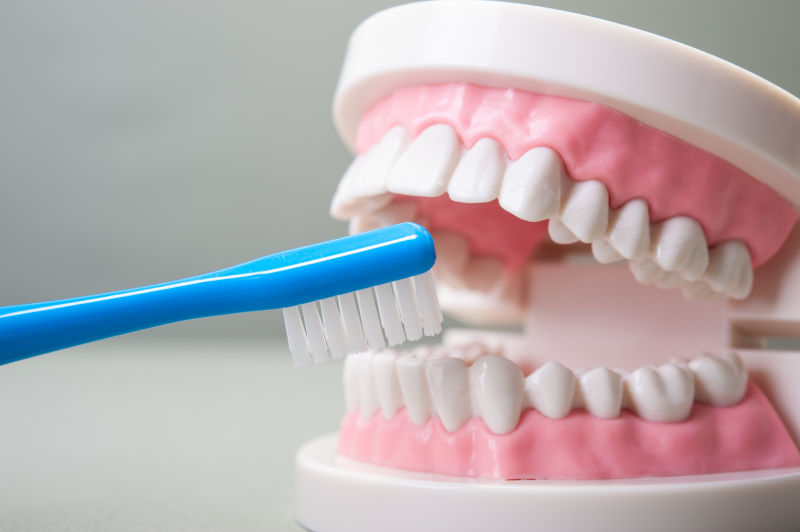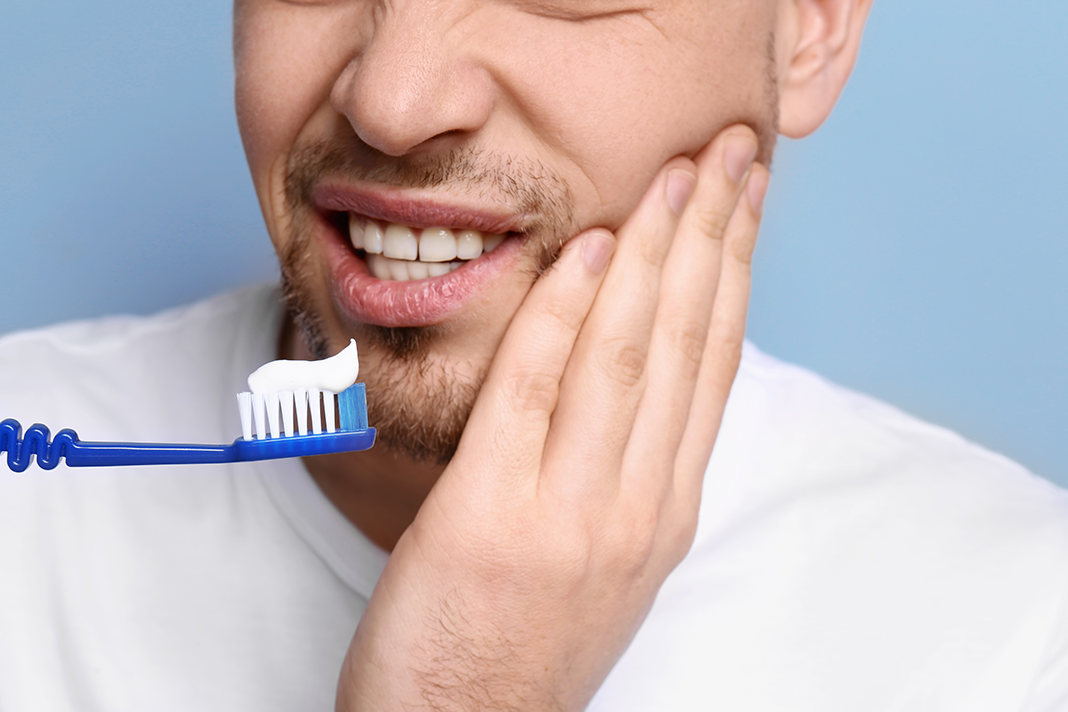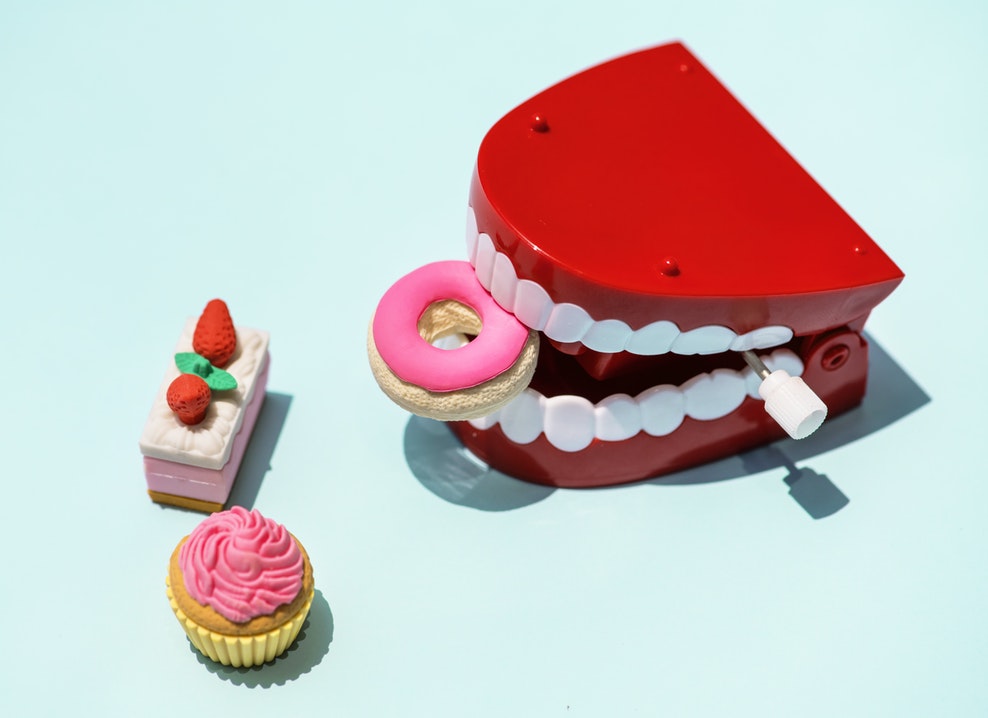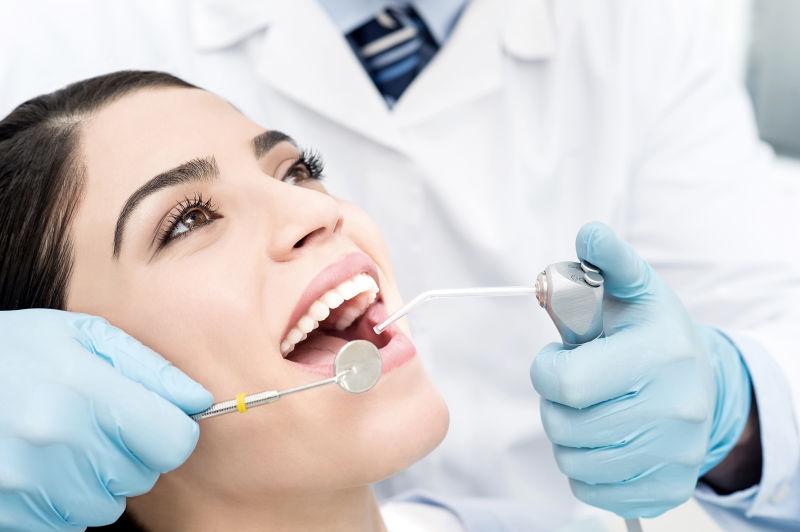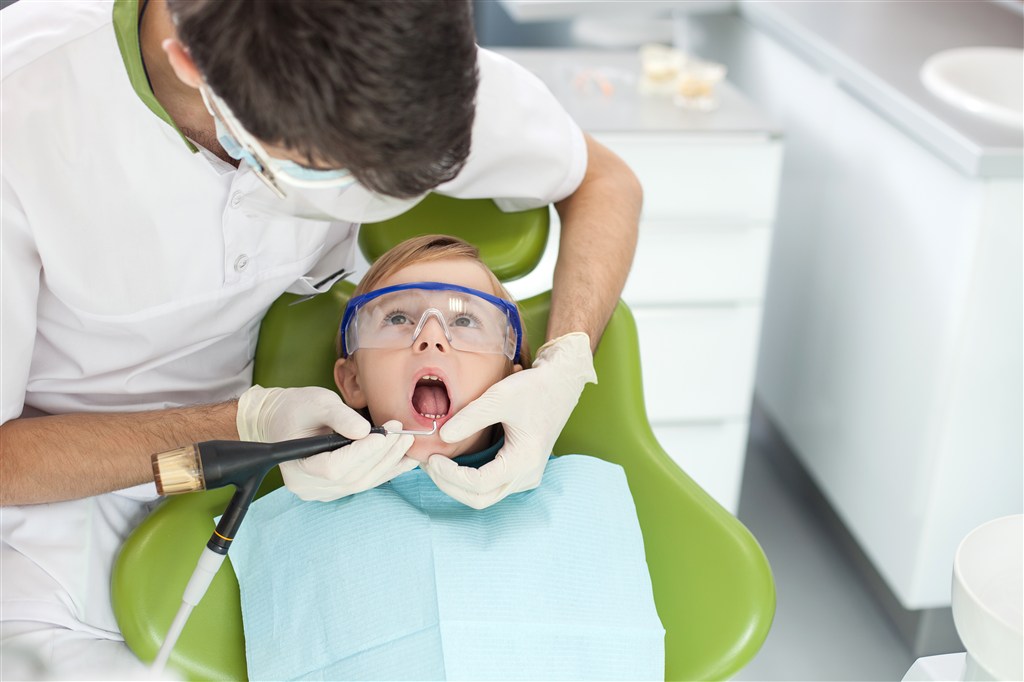39 Dental Clinics Found in Your Area
Address: 2219 E 1st St
Fee: Sliding Scale Dental Clinic
Address: 3945 Whittier Blvd
Fee: Sliding Scale Dental Clinic
Address: 3743 S La Brea Ave
Fee: Sliding Scale Dental Clinic
Address: 1741 E 120th St
Fee: Sliding Scale Dental Clinic
Address: 1127 Wilshire Blvd Ste 1504
Fee: Sliding Scale Dental Clinic
Address: 4815 N Valley Blvd Suite C
Fee: Sliding Scale Dental Clinic
Address: 4837 Huntington Dr North
Fee: Sliding Scale Dental Clinic
Address: 6000 N Figueroa St
Fee: Sliding Scale Dental Clinic
Address: 2411 N Broadway St
Fee: Sliding Scale Dental Clinic
Address: 303 S Loma Dr Suite 202
Fee: Sliding Scale Dental Clinic
Address: 522 South San Pedro St
Fee: Sliding Scale Dental Clinic
Address: 5970 S Central Ave
Fee: Sliding Scale Dental Clinic
Address: 767 N Hill St Ste 200
Fee: Sliding Scale Dental Clinic
Address: 2032 Marengo St
Fee: Sliding Scale Dental Clinic
Address: 123 South Alvarado St
Fee: Sliding Scale Dental Clinic
Address: 4448 York BLVD
Fee: Sliding Scale Dental Clinic
Address: 1500 S Olive ST
Fee: Sliding Scale Dental Clinic
Address: 4618 Fountain Ave
Fee: Sliding Scale Dental Clinic
Address: 4700 Inglewood Blvd Suite 102
Fee: Sliding Scale Dental Clinic
Address: 1200 North State Street
Fee: Low Cost Dental Clinic
Address: 4000 S Main St
Fee: Sliding Scale Dental Clinic
Address: 8405 Beverly Blvd
Fee: Sliding Scale Dental Clinic
Address: 5205 Melrose Ave 2nd Floor
Fee: Sliding Scale Dental Clinic
Address: 6368 Hollywood Blvd
Fee: Sliding Scale Dental Clinic
Address: 2515 W Pico Blvd
Fee: Sliding Scale Dental Clinic
Address: 6505 8th Ave
Fee: Sliding Scale Dental Clinic
Address: 2512 Alta St
Fee: Sliding Scale Dental Clinic
Address: 1910 Magnolia Ave Suite 101
Fee: Sliding Scale Dental Clinic
Address: 5701 South Hoover St
Fee: Sliding Scale Dental Clinic
Address: 808 W 58th St
Fee: Sliding Scale Dental Clinic
Address: 10901 S Vermont Ave
Fee: Sliding Scale Dental Clinic
Frquently Asked Questions About Dental Health
- Search online for dentists around you
- Ask your friends, family, and co-workers for their recommendations
- Ask a pharmacist or family physician
- If you are planning on moving, your current dentist might be able to recommend a new dentist for you
Fluoride is useful because it helps to prevent cavities for adults and children. It does this by making teeth more resistant to acid, which causes cavities. Fluoride toothpaste should be combined with other fluoride products and water treated with fluoride to strengthen tooth enamel and get as much cavity protection as possible.
Fluoride – known as nature's cavity fighter – is found naturally in water sourced from lakes, rivers, and the ocean. Fluoride was first added to the public water system back in 1945 and has become more prominent during the past 70 years. The latest data indicates that around three-quarters (74.6%) of the U.S population getting water from public water systems are drinking fluoridated water and reaping the benefits.
Studies have shown optimizing fluoride levels in community water supplies is both safe and highly effective at preventing tooth decay in children and adults by at least 25%. People can benefit from the cavity protection of fluoride at work, home, or school just by drinking fluoridated water.




